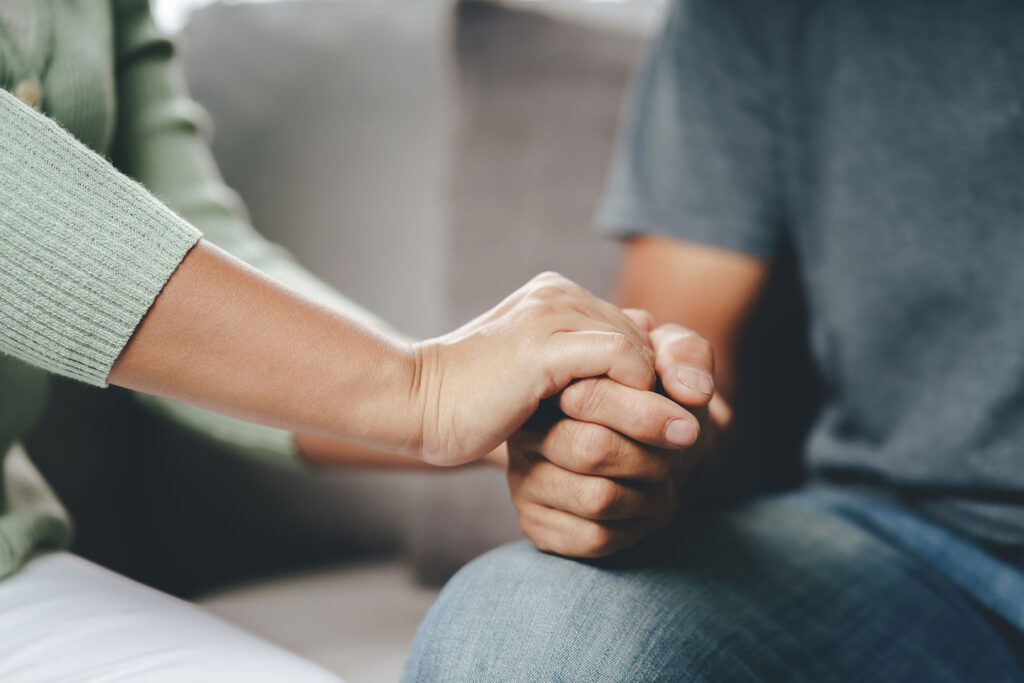Recognizing the signs of opioid abuse takes a keen eye, as many people who abuse drugs or alcohol will hide the addiction from friends and loved ones. Despite the warnings of abusing prescription opioids and other drugs, people continue to do so and risk developing an opioid use disorder. If a friend is taking opioids for pain and you are worried they may be abusing their medication, continue reading to learn how to recognize the signs of opioid addiction.
Outreach Recovery is a full-service addiction treatment facility that welcomes anyone who is abusing prescription or illegal opioids. Our team is fully aware of the harm opioid abuse can cause and works closely with each patient to prevent their symptoms from worsening. Treatment programs combine behavioral and holistic therapies with medical support to create a whole-person recovery experience.
If you or a loved one can benefit from our opioid rehab program, call 888.897.9284 today to learn how we can help.
What Are the Symptoms of Opioid Addiction?
If you or a loved one is prescribed opioid medication, you need to be familiar with the symptoms of opioid use and misuse. Opioids are some of the most effective pain medications for people who live with chronic or severe pain. Depending on the type of opioid, it can be taken for a few weeks or as part of a long-term pain management program.
The immediate effects of taking opioids include easing severe pain, drowsiness, euphoria, slowed breathing, nausea, and constipation. These symptoms are generally mild and may not be felt, depending on the person. If you follow the prescription and work with your doctor when pain levels change, the risk of developing an addiction is minimal.
A person who abuses their pain medication will develop increased tolerance along with withdrawals and cravings if they don’t continue taking the same amount or more. Here is a list of the symptoms of opioid addiction withdrawals:
- Intense opioid cravings
- Anxiety
- Stomach pain
- Vomiting
- Diarrhea
- Tremors
- Chills
If someone overdoses on opioids, they will get a blueish tint to their lips and fingertips, be unresponsive even when shaken, and have shallow or no breathing. If this happens, inject Naloxone immediately, if available, and call 911.
At Outreach Recovery, we want to help you or a loved one beat their opioid use disorder safely. Each treatment program is tailored to the individual and will include group and private therapy sessions on an inpatient or outpatient basis, depending on the severity of their symptoms.
3 Signs of Opioid Abuse in a Friend
Recognizing opioid abuse signs can be a little tricky if you don’t know what to look for. Friends and loved ones will lie and go to extreme lengths to hide their substance abuse out of shame. What they don’t realize is addiction is a common mental health illness that is treatable.
There are three clear signs of opioid abuse that you can look out for if you suspect a loved one is abusing their opioid medication:
-
Check the Prescription
Opioid prescriptions are closely regulated, but people still find a way to cheat the system. Know the refill date of each prescription and see if they run out beforehand. Also, look for prescriptions by different doctors or prescribed to different people. A lot of times, people will try and sell their prescriptions or give them to a friend.
-
A Decline in Personal Hygiene
Heavy opioid abuse will lead to a lack of care in their personal appearance. They may forget to brush their teeth or shower in the morning or put little thought into how they dress. Are they wearing the same clothes often? Do they always look disheveled rather than clean and presentable? Other more obvious signs of a lack of hygiene include bad body odor and bad breath.
-
Frequent Mood Changes
A person who abuses opioids will experience frequent mood changes. They can be fine one minute, then become angry, sad, or anxious the next with no clear reason. This is caused by the chemical imbalance they’ve created by taking more opioids than prescribed. Watch for sudden mood or behavioral changes over several days. If these increase more toward the refill date, they may have run out and are going through withdrawals.
There are other signs of opioid addiction to look out for, such as your friend losing interest in favorite activities or taking opioids “just in case.” If you recognize any of these signs in a friend or loved one, it is time to talk to them about their opioid use.
Enroll Today in Outreach Recovery’s Opioid Rehab Program to Make a New Start
Outreach Recovery supports individuals who are struggling with an opioid use disorder and are ready for a positive change. We work closely with each patient to identify the underlying reason behind the abuse. In addition, we teach them healthier coping skills to better manage their symptoms and triggers.
If you recognize the signs of opioid abuse in a friend, give us a call at 888.897.9284 or use out online contact form to find out more about addiction recovery.

